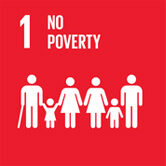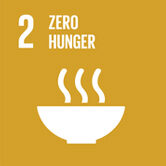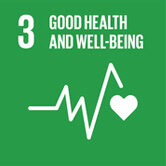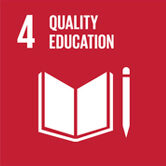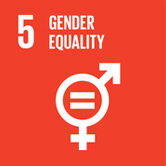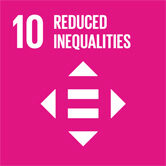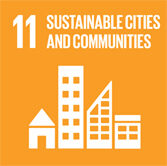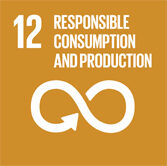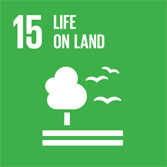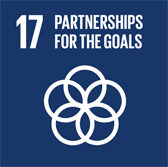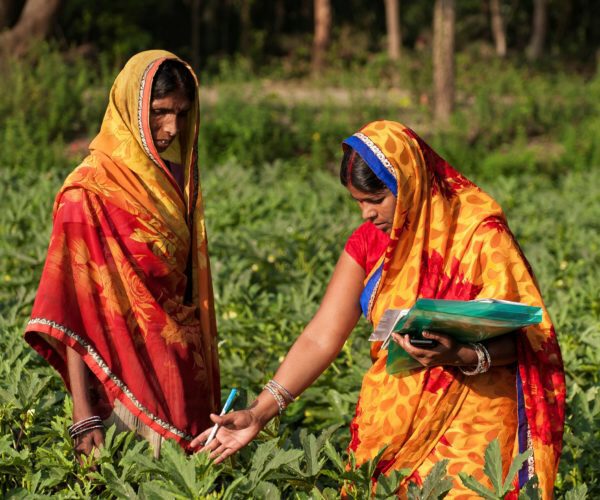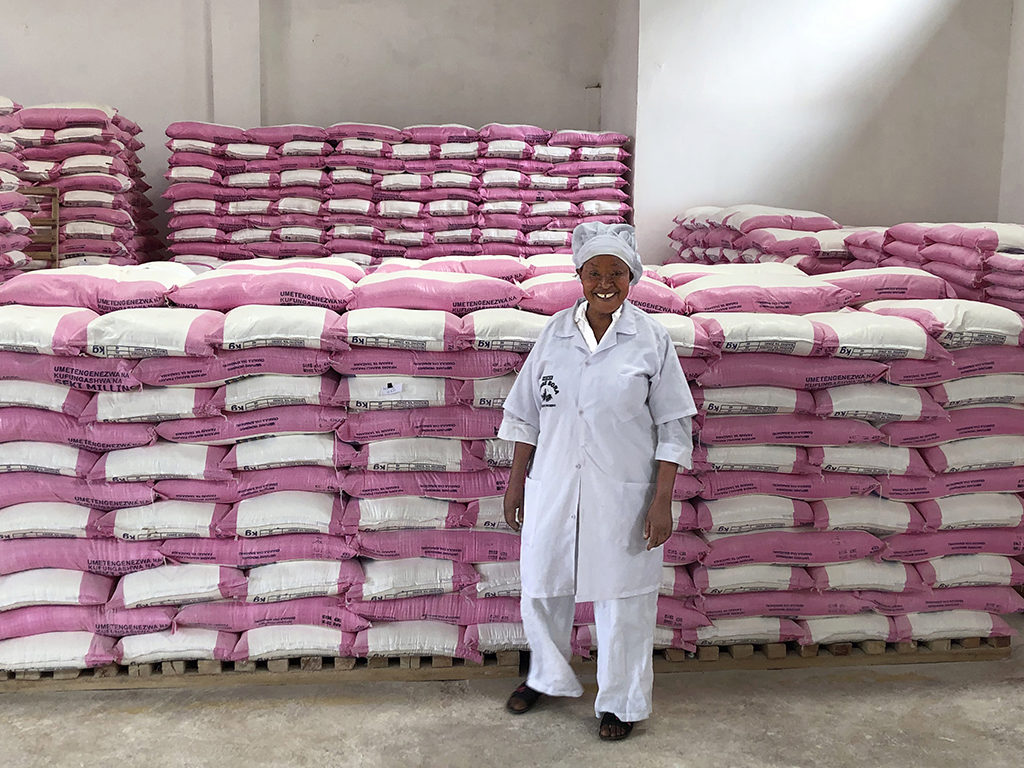
2020 Winner: Trees for the Future
Trees for the Future (TREES) provides smallholder farmers pathways out of poverty and hunger by planting trees in forest gardens around the world. The Forest Garden Program is a simple, replicable, and scalable approach with proven success. Their Forest Garden Approach (FGA) is an innovative 4-year training and technical assistance program to teach rural smallholder farmers how to restore degraded agricultural land into thriving Forest Gardens. Forest Garden farmers gain increases in income and access to food, even in the first year. As a result, this approach benefits farmers, both economically and socially, while creating co-benefits for the environment through soil revitalization and carbon sequestration.

Primary Area of Impact: Economic Development and Environmental Sustainability
Geographic Area (Continent): Africa
Geographic Areas (Countries): Chad, Cameroon, Central African Republic, Kenya, Mali, Senegal, Tanzania, The Gambia, Uganda
Organizational Type: Non-Profit
Year Founded: 1989
Mission: Provide smallholder farmers with pathways out of poverty and hunger by planting trees in forest gardens around the world
Website: www.trees.org
Social Challenge
Smallholder farmers in Africa are pushed by the demands of big business-agriculture to plant monocultures of cash crops, at the expense of the farmers themselves. Monocultures degrade soil by draining nutrients and, over time, the land produces less and less of the cash crop. Worsening yields significantly decrease the quality of life for farmers and their families in two ways, as they depend on cash crops to both eat and generate income. Furthermore, the current agricultural system for food production is unsustainable for the environment, as monoculture systems degrade the land and contribute to increasing deforestation. Even though only 23% of land in Africa is forested, Africa saw the forested land disappear at a rate of 0.5% per year between 2005-2010, meaning that 3,410,000 hectares were lost each year. In parts of the tropics, farming and livestock eliminates 50 soccer fields worth of trees every minute, resulting in lost soil, arable land, water, and biodiversity.
UN Sustainable Development Goals (SDGs)
Leadership
TREES uses a single approach to address multiple social challenges in the developing world: hunger, poverty, deforestation, and environmental degradation. TREES trains technicians who then teach farmers, typically 300 families at a time, how to develop Forest Gardens by planting specific varieties of locally appropriate crops and trees in phases across 4 years. Their approach is a system of farming that incorporates agroforestry, perma-gardening and horticulture cultivation, coupled with farmer-based training and capacity building, agricultural extension, farm planning and record keeping, and agricultural marketing into a 4-year program that helps revitalize degraded lands and increase farmer income and dietary diversity on the farm. It offers farmers a way to generate income with short-term returns from vegetable and field crops as they wait for trees to mature, yielding long-term, sustainable returns from the trees. As of 2019, each of the current 7,396 Forest Gardens is entirely owned by individual farmers (42% are women), allowing them to continue the Forest Garden after the completion of the program, creating an economically and environmentally sustainable business for each farmer.
Impact
As of 2019, TREES has planted 10,413 forest gardens, with 43,419,252 trees planted in Africa over the past 5 years. In 2019 alone, TREES launched an additional 17 new projects working with 5,990 farmers in Senegal, Cameroon, Kenya, Tanzania, and Uganda. A Forest Garden increases food security by 73% in the first year and dietary diversity by 300% in 2 years. Economically, farmers see an average income increase of 400% over the course of the project. Forest Gardens generate $1,000-$2,000 per acre through a wide diversity of fruits and vegetables, compared to the $200-$400 farmers were making with monocultures. Environmentally, farmers plant 4,000 trees per hectare over the 4- years, where one hectare of a Forest Garden sequesters an average of 62.8 tons of carbon in its 20-year lifetime. Farmers, their families, and their land receive significant economic, social, and environmental benefits from the FGA.
Innovation
The unique training methods and benefits seen through the FGA constitute an innovative way of expanding agroforestry and its proven benefits to rural smallholder farmers, ensuring that they can continue their farming livelihood to provide for them and their families for generations. This innovative 4-year training and technical assistance approach involves farmers planting green walls around the perimeter of their land along with fast-growing nitrogen-fixing trees inside the plot during year 1. During years 2 and 3, farmers plant high-value vegetables, fruit, nuts, and timber trees, and learn more advanced skills and techniques to help manage their Forest Gardens for the future. During year 3, farmers learn to adopt advanced Forest Garden planting and care, integrated pest management, grafting, and increased soil conservation techniques for the long-term health, productivity, and profitability of their land. During year 4, TREES co-creates a sustainability and marketing plan with the farmers and transitions farmer groups to support each other as time goes on.
Transferability
Trees for the Future has experience planting trees in 60 countries. Through the science and application of Ecological Agriculture and Agroforestry, TREES adapted this centuries-old, indigenous farming practice into a proven, replicable, scalable model that restores degraded lands into productive farm ground. The training methodology and materials, developed by TREES, ensure that low- and illiterate farmers receive technical training and adopt the sustainable agriculture approach. TREES strives to implement their approach in new communities and to build the capacity of more organizations by creating an online training center, The Forest Garden Training Center (FGTC), through USAID funds which provides a certification to implement the FGA method. Additionally, other economies are indirectly benefiting as a result of Forest Garden communities, including planting trees that serve as organic fodder for farmers that also have livestock, such as dairy cows and other ruminants. Many Forest Garden farmers have also taken to beekeeping, creating diversified income streams.
Accomplishments
- Guidestar Platinum Seal of Transparency
- GreatNonprofits 2020 Top-Rated Nonprofit
- Full stars on Charity Navigator




